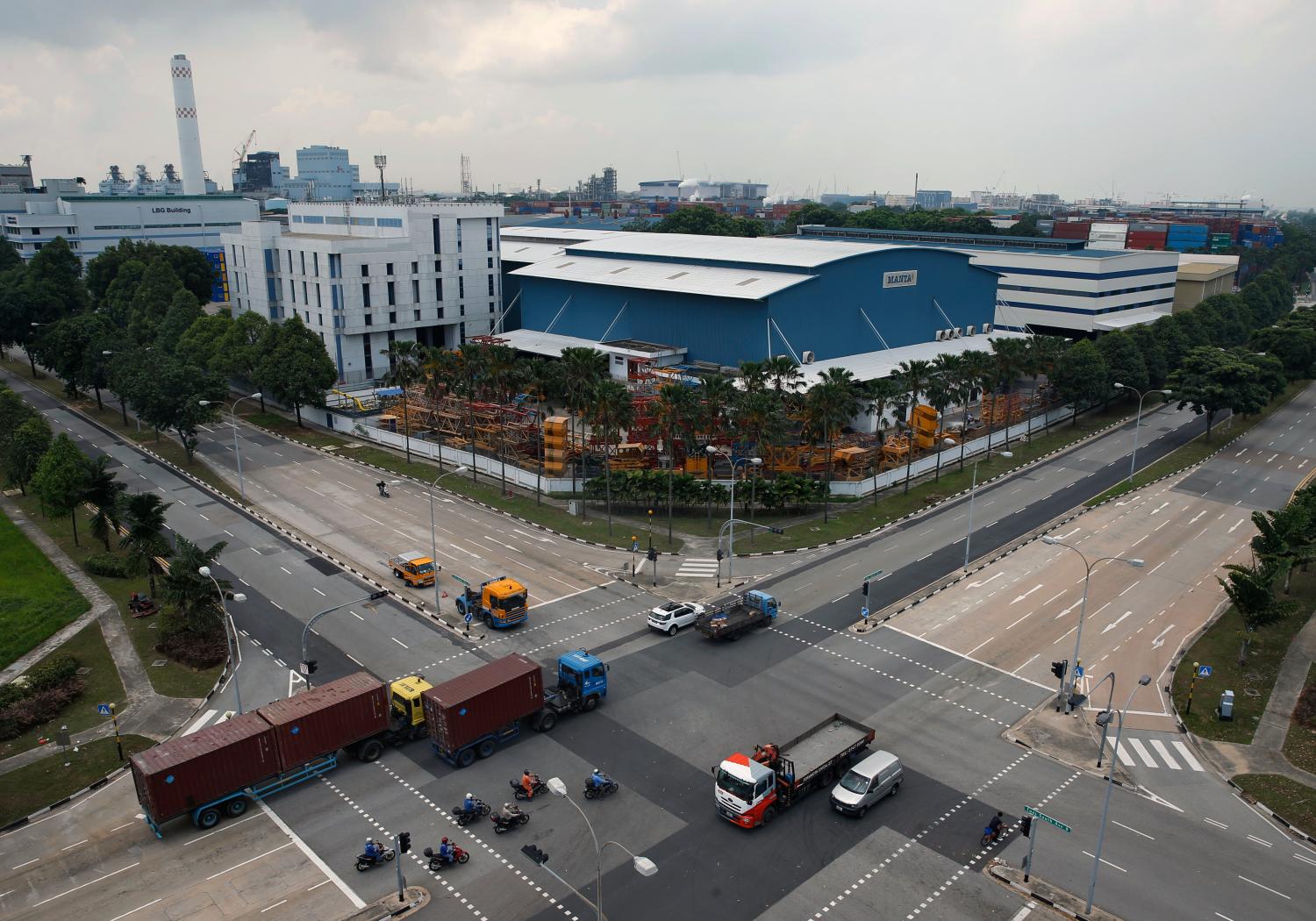This chapter comes from “Beyond Neoliberalism: Insights from emerging markets,” a report exploring the ongoing debate over the future of capitalism and policy choices across a range of domains.
There is little doubt that recent trends and events have gone beyond the new normal and have given rise to a new trajectory, one further away from the prevailing paradigm of globalization-led growth. This is seen in new directions of U.S. economic policy, Brexit and strains in the EU, China’s ascending position in the global economy, as well as the rise of inequality and distributional concerns in advanced and even upper-middle-income countries. Hence, the question as to whether the prevailing principles that dominated mainstream economic policymaking are now passé is critically relevant. While looking ahead is a highly uncertain endeavor, it can be reasonably surmised that disruptive technologies, rising nationalism, aging, and a China-dominant East Asia are fairly sure bets. In this new set of circumstances, Emerging Market and Developing Economies (EMDEs) will face a new set of challenges in addition to ones already confronting them.
Within this constellation of “new things,” there is an overarching question as to whether the set of tenets originally described as the Washington Consensus—but then broadened to include many aspects of what we call globalization and an open world trade order (for example, robust trade growth led by Global Value Chains, easy flows of international capital, and operations across many borders by global firms)—will fundamentally change. Some speak of a “Beijing Model,” while others see the world fragmenting into regional blocs or even national economic havens. Within this spectrum of views lie questions of interest to EMDEs, such as whether to pursue more domestically-led development strategies, whether to assert more control over capital flows and manage exchange rates more aggressively, whether to encourage state-owned enterprises (SOEs), and basically whether or not to engage in aggressive industrial policies.
This chapter attempts to disentangle some of the interconnected challenges, drawing upon what we know and what we can reasonably anticipate happening. Care is taken to eschew strict ideologies, although this is almost impossible, since there are always priors that affect our views. In this context, even the term “neoliberal” is one that can take on many shades, so that our approach will be to stick to the economic policies themselves rather than seeking to characterize them.1 The central point is that some policies of past decades may require re-examination in light of the prevailing and anticipated future economic environment, including the rise of global corporations and the relative decline of national policies.2 Whether this implies a major paradigm shift, especially with regards to government involvement in resource allocation decisions, remains to be seen. This note may provide some views that can help stimulate that discussion.

This work is licensed under a Creative Commons Attribution 4.0 International (CC BY 4.0)
-
Footnotes
- See Rodrik (2017) for views on neoliberalism. Rodrik, Dani. 2017. “Rescuing Economics from Neoliberalism.” Boston Review. November 06, 2017. Accessed February 13, 2019. http://bostonreview.net/class-inequality/dani-rodrik-rescuing-economics-neoliberalism.
- See Marcuzzi and Terzi (2019) on multinational firms eclipsing nation-states. Marcuzzi, Stefano and Alessio Terzi. 2019. “Are Multinationals Eclipsing Nation-States?” Project Syndicate. February 01, 2019. Accessed February 13, 2019. https://www.project-syndicate.org/onpoint/are-multinationals-eclipsing-nation-states-by-stefano-marcuzzi-and-alessio-terzi-2019-01?barrier=accesspaylog.





